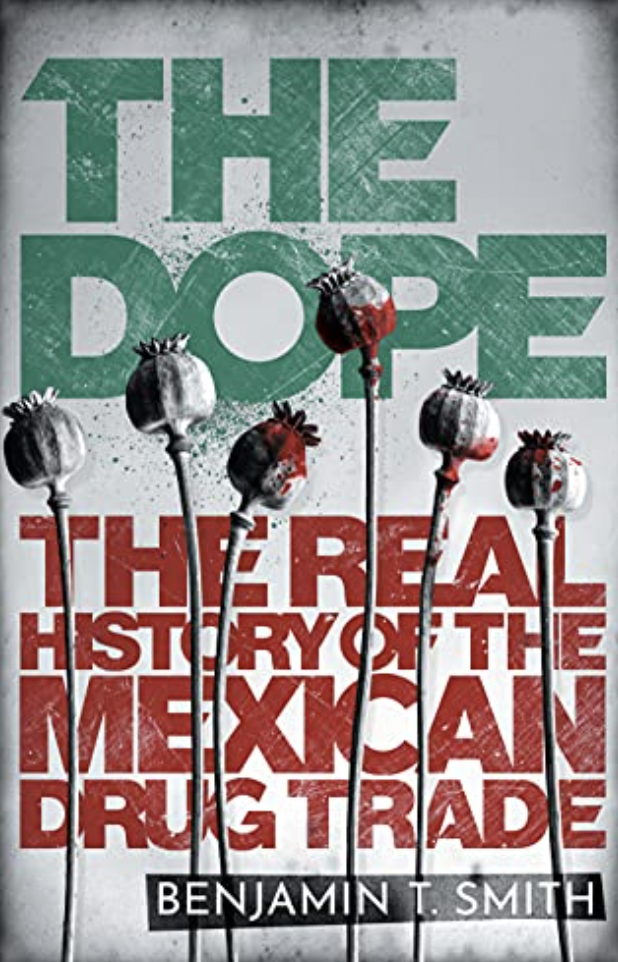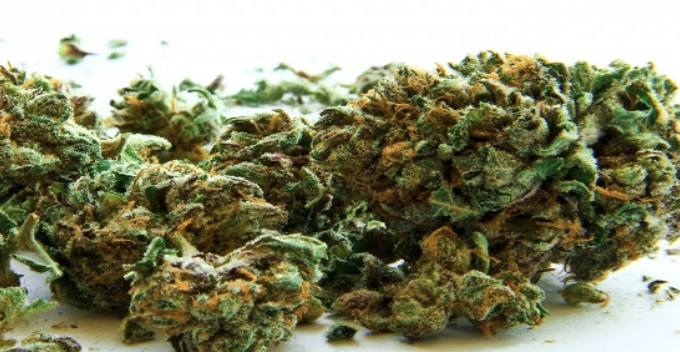
“ A century and counting: the Mexican drug trade shows no sign of slowing” Smith



British academic, Benjamin T Smith in The Dope exposes how an illicit industry that started with farmers, families and healers came to be dominated by cartels, kingpins and corruption. Smith traces the characters whose actions came to influence Mexico as we now know it. Enrique Fernandez, the borderlands trafficker who became Mexico’s first narco and one of the first victims of the war on drugs. Eduaro “Lalo” Fernandez, Mexico’s most prominent heroin chemist and first major cocaine importer. Leopoldo Salazar Viniegra, the brilliant doctor and Marxist who tried and failed to decriminalis
e Mexico’s drugs, and Harry Anslinger, the head of the Federal Bureau of Narcotics whose sensationalist strategies paved the way for US interference and the extraordinary levels of violence in Mexico today.
The Dope paints a big picture of economic and political activity of the Mexican drug wars.
In March 1940, Mexico’s leftist President Lazaro Cardenas legalised all drugs and set up a state-run dispensary to dish them out, and to compete with them on the price of the merchandise.
It was an explosive idea : El Universal itself had branded Marijuana as dangerous only a couple of years previously. If US had not put pressure to end end that bold experiment just after four months, the following eight decades could have been different.
In 2018, President Andres Manuel Lopez Obrador, based his campaign around eradicating endemic corruption. Homicides now pushing to record levels of 35, 000 a year and extortion rackets might not be multiplying.
The Dope shows a century of prohibition- barring the 1940s interlude- has had disastrous and far reaching consequences.
As the US battles the Opioid crisis claiming 130 lives a day, legislators in Mexico have missed a host of deadlines to implement a 2019 Supreme Court ruling to legislate pot; either the court now strikes down articles in the general health law that criminalise cannabis, or lawmaker s seek yet another extension.
Mexico is on course to become world’s biggest legal pot market, joining Uruguay and Canada- and the only drug producing country to liberalise the drug fully.
As long as the narcotics are outlawed “the incentives to produce and smuggle them will outweigh any economic alternatives.” In many ways the violence Mexicans associate with the drug trade is these days more often about protection rackets – for drugs or for other merchandise. Gangs have made extrottion their main business. So Mexico has descended to de-organised crime. According to Smith “ By the mid -2010, everyday violence that Mexican’s experienced had little to do with drug trade at all.”
The President had already been criticised for going out of his way to shake the hand of the mother of Mexico’s jailed top drug kingpin “El Chapo Guzman” and his ineffective security strategy dubbed “hugs not bullets”. After a shootout in 2019, security forces released El Chapo’s son on Presidential orders to avert any bloodshed , while grants to keep young people out of the clutches of cartels and preaches non-confrontation.
The Dope probes the real reason the undercover Drug Enforcement Administration agent Kiki Camarena was kidnapped and killed in 1985- a watershed moment for US counter narcotics efforts in Mexico – was that he stumbled on a covert CIA drugs for arms operation.
Smith proclaims what the future holds “ A century and counting: the Mexican drug trade shows no sign of slowing”.
The Dope: The Real History of the Mexican Drug Trade by Benjamin T Smith, Ebury £20/ WWNorton $30, 448 pages.
